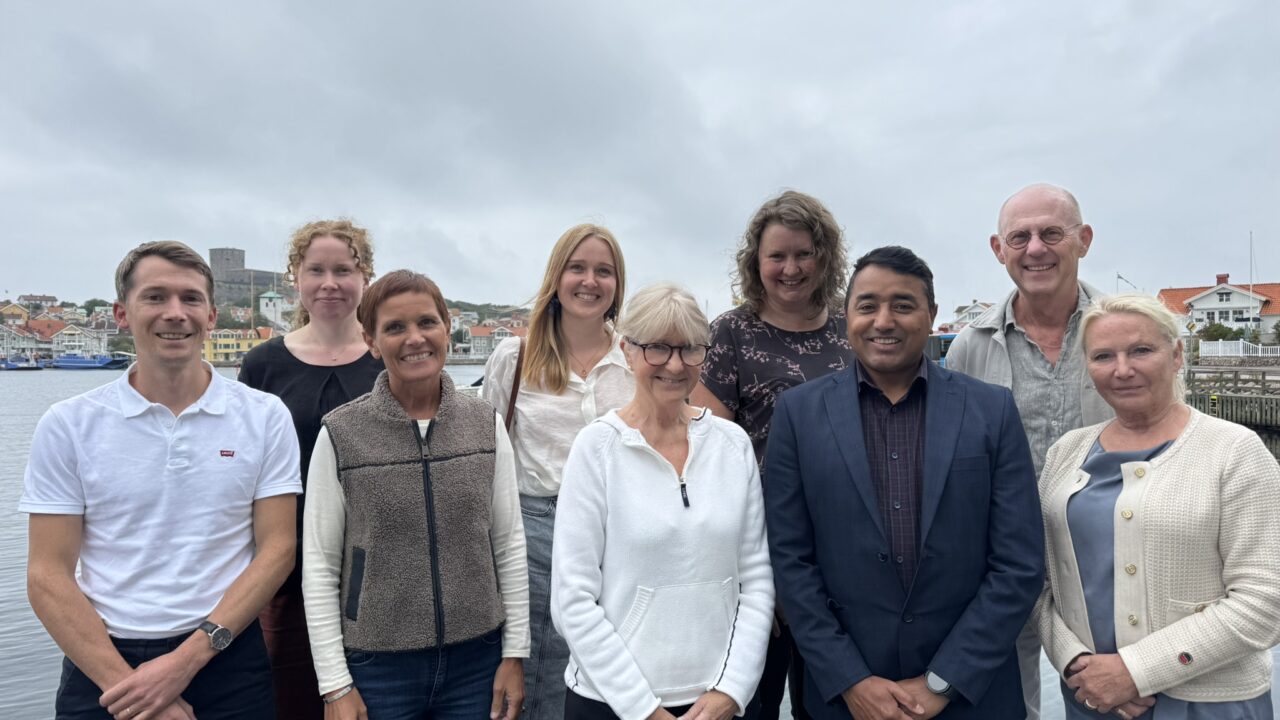EPIC-HOME
Early Integrated Palliative Care for older people where they live: development and test of a nationally applicable model
- Home
- /
- EPIC-HOME. Early Integrated Palliative Care at Home and in Nursing Home for older people with incurable cancer or other progressive, life-limiting conditions.
EPIC-HOME. Early Integrated Palliative Care for older people where they live: development and test of a nationally applicable model
Background
International and national policy emphasizes that palliative care should be provided regardless of age, diagnosis or care place. In Sweden, most people still die in hospitals or nursing homes. Only one fifth die at home. The research group has previously mapped the conditions for equitable, person-centered palliative care and identified significant national disparities indicating inequality, particularly for older individuals. Older people are even less likely to be cared for and die at home, have poorer access to specialized palliative care, and experience multiple acute hospital admissions during the final stages of life. There is evidence that early integrated palliative care reduces unnecessary hospitalizations and medical interventions and improves care and well-being for older individuals and their family members when care is provided at home.
Aim
This project aims to develop and evaluate a nationally scalable implementation strategy for early integrated palliative care for older people with incurable cancer or other progressive, life-limiting conditions. The goal is to contribute to more equitable access to person-centred palliative treatment, care, and support at the end of life—regardless of where older people are cared for or reside.
Specific aims are to
- Map and explain differences in health care- and medication use during the last year of life for people aged 70 and older.
- Develop and test a strategy for earlier identification of palliative care needs among older people living in nursing homes.
- Develop prerequisites for palliative care consultant functions within primary care and municipal home healthcare.
- Identify structures and processes that support early integrated palliative care, as well as forms of collaboration, success factors, and barriers to achieving effective care pathways for older people in their final year of life.
- Synthesize results from the above studies and co-creating a feasible. implementation strategy together with representatives of relevant stakeholders.
- Test the initial feasibility of the implementation strategy.
Method
The project is based on implementation research and the MRC framework for complex interventions. A participatory and multi-method research design is applied. The target group is people aged 70 and older with long-term, incurable, and life-limiting conditions who receive home healthcare or live in nursing homes. The implementation strategy will be designed as an intervention and developed in close collaboration with representatives of relevant stakeholders and patient representatives.
Collaboration and Funding
The project is performed in collaboration between Sophiahemmet University, University of Gothenburg, Palliative Centre at Sahlgrenska University Hospital in Gothenburg, and Skaraborg Hospital in Skövde. It is funded by the Swedish Cancer Society, ALF Västra Götaland, and Regional R&D funds in the Västra Götaland Region.
Researchers and contact
Cecilia Larsdotter, professor och scientific leader, Sophiahemmet högskola.
cecilia.larsdotter@shh.se
Joakim Öhlén, professor och scientific leader, Göteborgs universitet.
joakim.ohlen@gu.se
Dip Raj Thapa, researcher Sophiahemmet högskola och högskolan i Skövde
Hanna Gyllensten, associate professor, Göteborgs universitet
Stina Nyblom, associate professor, Sahlgrenska universitetssjukhuset
Elisabeth Kenne Sarenmalm, associate professor, Skaraborgs sjukhus Skövde
Lotta Pham, doctoral student Göteborgs universitet
Susanna Böling, researcher, Sahlgrenska universitetssjukhuset
Richard Sawatzky, professor, Trinity Western University, Vancouver
Henrik Imberg, statistiker, Göteborgs universitet och statistiska konsultgruppen
